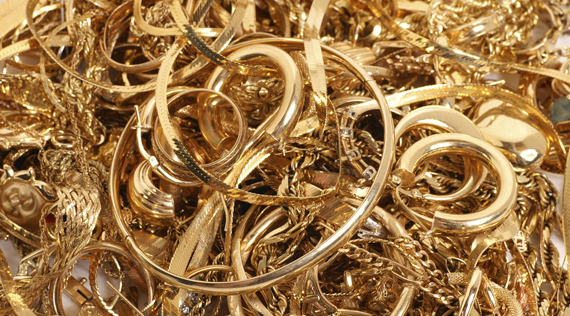
SEATTLE (Scrap Monster): The daily scrap gold and silver prices - hallmarked and non- hallmarked declined sharply Wednesday, 14th October, 2020 on the ScrapMonster Price Index. Platinum scrap prices too slumped on Index.
In the Hallmarked category, the 14 carat gold scrap prices were down by $ 19.41 per Oz. The prices of 18 carat and 22 carat gold scrap inched lower by $ 24.88 and $ 30.39 per Oz respectively.9 carat gold scrap also went lower by $ 12.44 per Oz. The price of Platinum scrap saw cut of $ 11.66 per Oz to touch $ 633.61 per Oz. Silver scrap prices too closed on the lower side at $20.52 per Oz, edging lower by $ 0.11 per Oz.
In the Non-Hallmarked category, the 14 carat gold scrap prices edged lower by $ 18.35 per Oz. The prices of 18 carat and 22 carat gold scrap were down $ 23.53 and $ 28.74 per Oz respectively. 9 carat gold scrap also was down $ 11.77 per Oz. Platinum scrap prices fell by $ 11.66 per Oz. Meantime, Non-hallmarked silver scrap prices were down by $0.09 per Oz on Index.